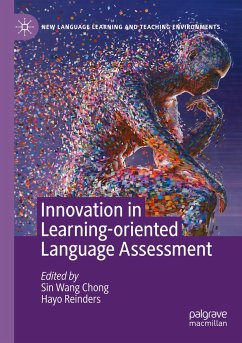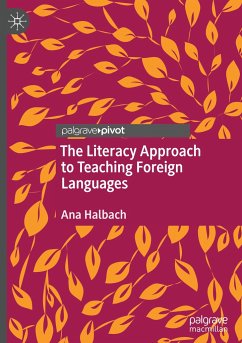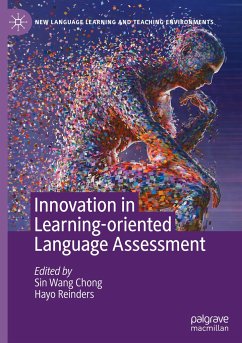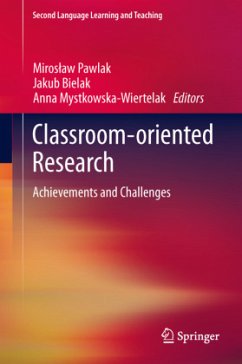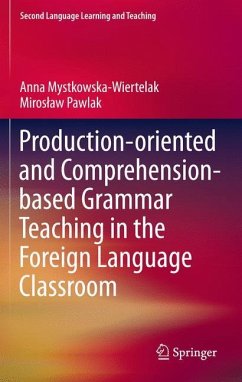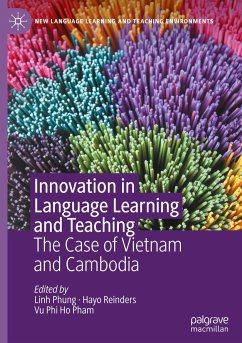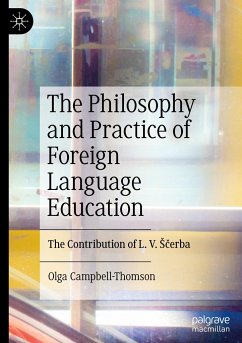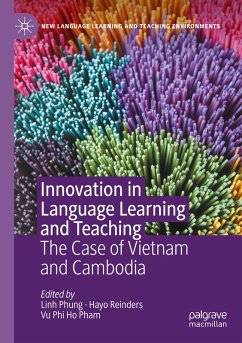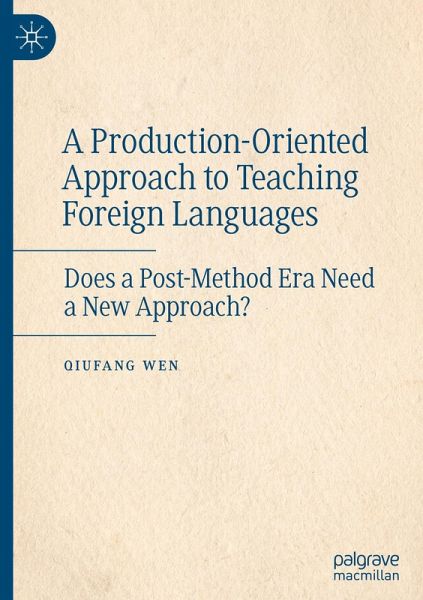
A Production-Oriented Approach to Teaching Foreign Languages
Does a Post-Method Era Need a New Approach?

PAYBACK Punkte
46 °P sammeln!
This book introduces and explains the production-oriented approach (POA) to teaching foreign languages, a new approach developed by the author through 15 years of rigorous experimentation. Addressing the common challenge of separating input from output in language learning, the book details POA procedures in three phases: motivating, enabling, and assessing. It explores the theoretical underpinnings of the POA, including sociocultural, usage-based linguistic, second language acquisition, and curriculum theories. The author presents a series of case studies showcasing the POA in practice. She a...
This book introduces and explains the production-oriented approach (POA) to teaching foreign languages, a new approach developed by the author through 15 years of rigorous experimentation. Addressing the common challenge of separating input from output in language learning, the book details POA procedures in three phases: motivating, enabling, and assessing. It explores the theoretical underpinnings of the POA, including sociocultural, usage-based linguistic, second language acquisition, and curriculum theories. The author presents a series of case studies showcasing the POA in practice. She also provides a comparative analysis with the task-based approach and project-based learning, highlighting similarities and differences between the two. This book will be essential reading for teachers and scholars in applied linguistics, modern foreign languages, language acquisition, and language education, offering valuable insights and practical guidance for enhancing language teaching effectiveness.



